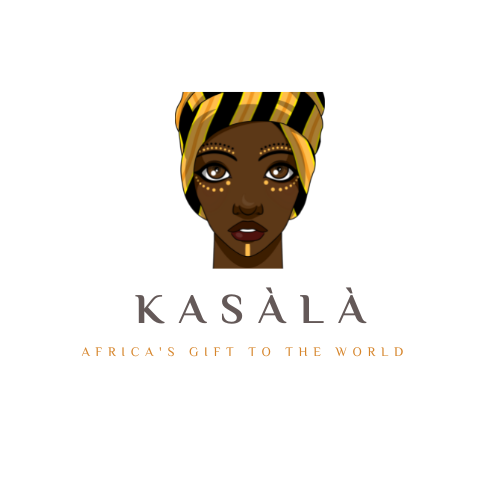




“Kasàlà” is a specific form of African poetry that originates from the Central African Republic.
Here is some additional information about the characteristics and cultural significance of Kasàlà’s:
Overall, Kasàlà is a specific form of African poetry that is deeply rooted in the cultural and historical traditions of the Central African Republic. It is an important form of the oral tradition that serves to commemorate important events, express social and political values, and preserve the cultural heritage of the region.
No Comments